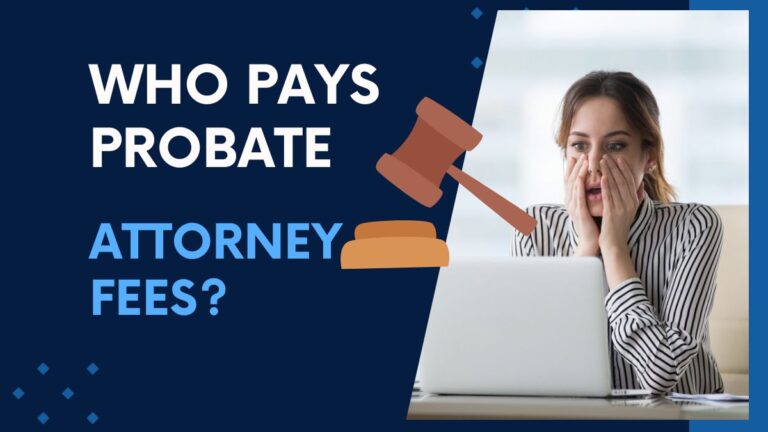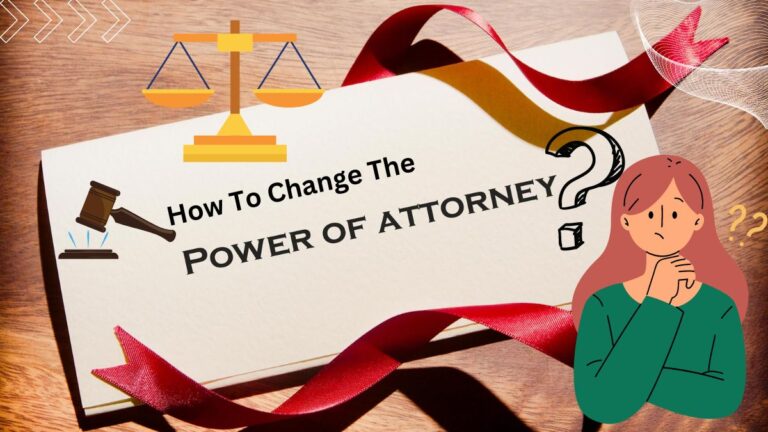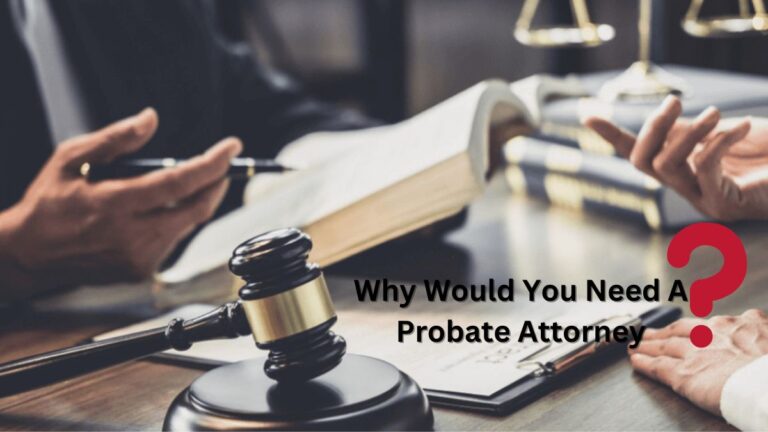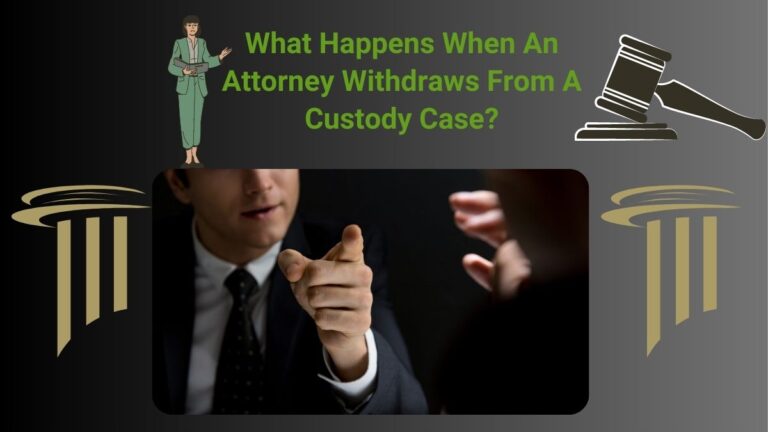How Do You Prove Power Of Attorney Abuse?
Unlocking the power of attorney can provide individuals with a sense of security, knowing that their affairs will be managed responsibly in times of need. However, there are unfortunate cases where this authority is misused and abused. Power of attorney abuse is a serious issue that affects countless individuals, leaving them vulnerable and at the mercy of unscrupulous actions. But how do you prove the power of attorney abuse?
In this blog post, we will delve into the intricacies of identifying and substantiating such abuse to bring justice to those affected. So fasten your seatbelts as we embark on an eye-opening journey through the world of the power of attorney abuse!
What is the power of attorney abuse?
Power of attorney abuse refers to situations where an individual who has been granted power of attorney uses that authority for their personal gain or to the detriment of the person they are supposed to be representing. It involves a breach of trust and a violation of the fiduciary duty that comes with this role.
There are various forms in which power of attorney abuse can manifest. One common example is financial exploitation, where the appointed agent misuses funds entrusted to them, such as withdrawing money from bank accounts without authorization or making unauthorized transactions. This can lead to significant financial losses for the person granting power of attorney.
Another form is neglect or denial of necessary care. In these cases, the agent fails to provide adequate healthcare or basic needs for the individual they are meant to be assisting. This could involve withholding medications, denying access to medical treatment, or even neglecting their overall well-being.
Emotional and psychological abuse may also occur through manipulative tactics designed to control and intimidate the vulnerable party. The abusive agent may isolate them from family and friends, exert undue influence over decision-making processes, or use verbal threats and intimidation as a means of exerting control.
It’s important to note that power of attorney abuse can happen within familial relationships as well as professional settings. Close relatives might exploit their position for personal gain while professionals trusted with this responsibility may take advantage due to lack of oversight.
Identifying instances of power of attorney abuse can be challenging since it often occurs behind closed doors and victims may feel intimidated or afraid to speak out against their abuser. However, recognizing potential warning signs like sudden changes in behavior or finances is crucial in detecting possible abuse early on.
How to prove the power of attorney abuse?
- Proving the power of attorney abuse can be a challenging and complex process. However, there are several steps you can take to gather evidence and build your case.
- It is essential to document any suspicious or concerning behavior by the individual holding power of attorney. Keep detailed records of their actions, including any financial transactions or decisions that seem questionable. This documentation will serve as crucial evidence in proving abuse.
- Next, gather witness statements from individuals who have observed or experienced the abuse firsthand. These witnesses can provide important testimony supporting your claims and lending credibility to your case.
- Additionally, obtaining copies of relevant documents such as bank statements, property records, and medical reports can further strengthen your position. These documents may reveal irregularities or discrepancies that point toward abuse.
- It is also advisable to consult with an experienced attorney specializing in elder law or estate planning. They can guide you through the legal process and help you navigate any complexities involved in proving the power of attorney abuse.
- Remember to keep all communication related to the matter well-documented. Emails, letters, text messages – anything that demonstrates attempts at addressing concerns regarding the abuse should be preserved for future reference.
By following these steps and gathering sufficient evidence, you increase your chances of successfully proving the power of attorney abuse.
What are the penalties for the power of attorney abuse?
When it comes to the power of attorney abuse, the consequences can be severe. The penalties for such abuse vary depending on the jurisdiction, but they are generally designed to hold the abuser accountable for their actions.
In many cases, if someone is found guilty of power of attorney abuse, they may face criminal charges. This can result in fines and even imprisonment. Additionally, civil lawsuits may be filed against the abuser by those who have been harmed as a result of their actions.
It’s important to note that proving the power of attorney abuse can be challenging. However, if sufficient evidence is presented, it can make a significant impact on the outcome of legal proceedings.
If you suspect the power of attorney abuse has occurred or is currently taking place, it’s crucial to gather any relevant documentation and witness statements that support your claims. This evidence will play a vital role in proving your case.
The penalties for the power of attorney abuse serve as a deterrent and aim to protect vulnerable individuals from exploitation. By holding abusers accountable for their actions, we can ensure justice is served and prevent future instances of abuse from occurring.
Conclusion
Proving the power of attorney abuse can be a challenging and sensitive task, but it is essential to protect the rights and well-being of individuals who have granted someone else power of attorney. By understanding what constitutes abuse, gathering evidence, and seeking legal assistance when necessary, you can take the necessary steps to address this issue.
Remember that power of attorney abuse can manifest in various ways, such as financial exploitation or neglecting the needs and wishes of the principal. It is crucial to document any suspicious activities, keep records of transactions and communications, and gather witness statements if possible.
When attempting to prove the power of attorney abuse, consult with an experienced attorney specializing in elder law or estate planning. They will guide you through the legal process and help build a strong case based on your evidence.
It’s important to note that penalties for the power of attorney abuse vary depending on jurisdiction. In some cases, abusers may face civil liability where they are required to reimburse any misappropriated funds or assets. In more severe instances involving criminal actions like fraud or theft, abusers may face criminal charges leading to fines or imprisonment.
If you suspect the power of attorney abuse but lack concrete evidence at present, consider contacting local adult protective services agencies or reporting your concerns to relevant authorities. These organizations have resources available for investigating potential abuses and taking appropriate action if needed.






